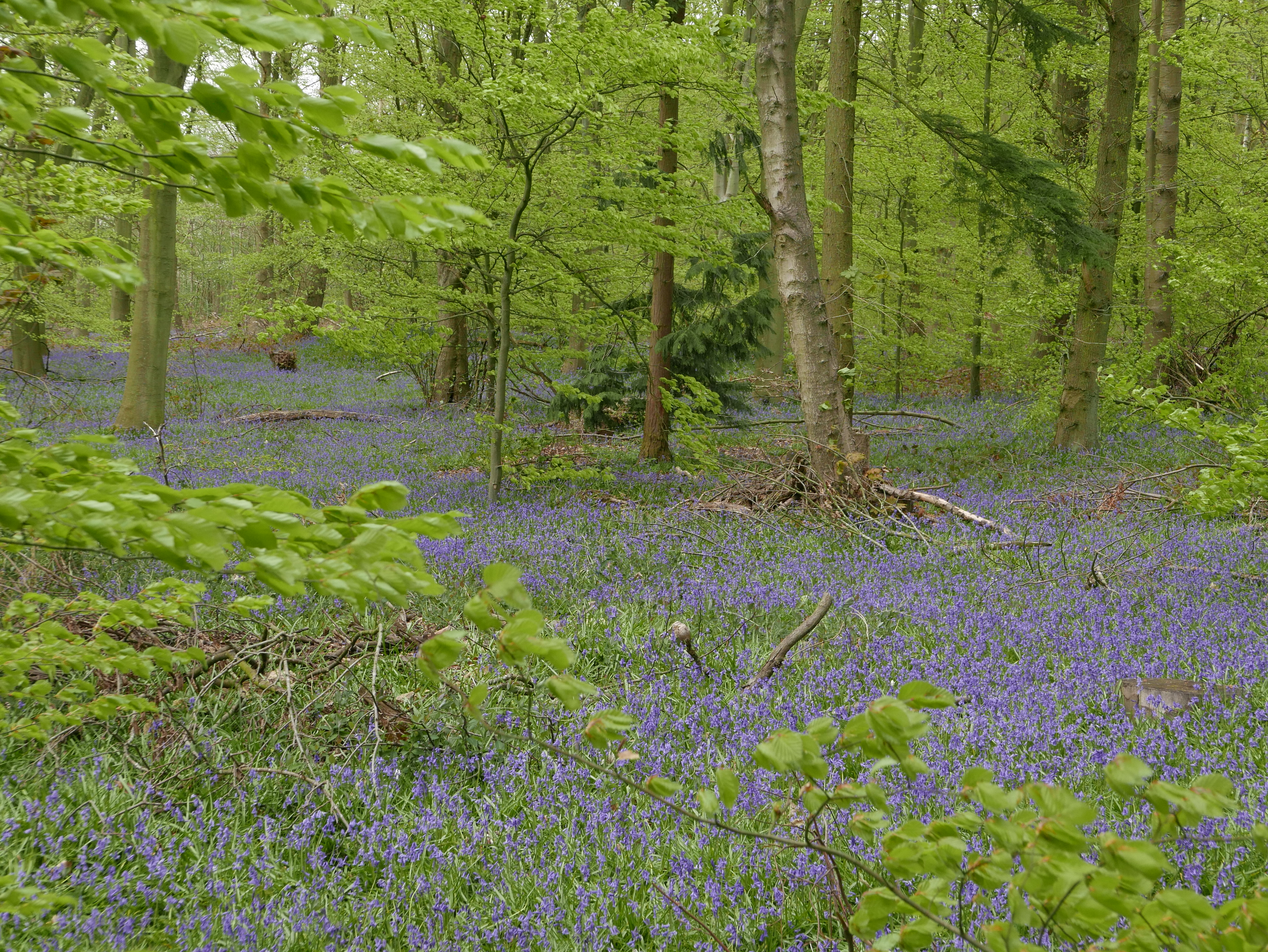
Natural environments, such as woodlands, underpin human health and wellbeing. However, such benefits are distributed unequally across society. The role biodiversity plays in nature-health relationships is still rarely considered, but recent research is starting to address this. While there is growing emphasis on woodland restoration/creation initiatives to mitigate climate change and biodiversity loss, we can now also consider how to maximise wellbeing benefits. In this project, we will examine woodland biodiversity ‘quality’ for human wellbeing and how it varies across different sectors of society. By overlaying ecological, wellbeing and social spatial data layers, we can explore inequalities in provision of the biodiversity that delivers wellbeing gains at a national-scale. Within the two Woodland Trust Priority Treescapes, we can examine these trends in detail, in partnership with woodland and public health stakeholders, factoring in issues such as whether or not woodlands are publicly accessible. Most importantly, we will identify areas where woodland creation, restoration and protection should be prioritised to benefit local communities suffering deprivation and poorer health.


